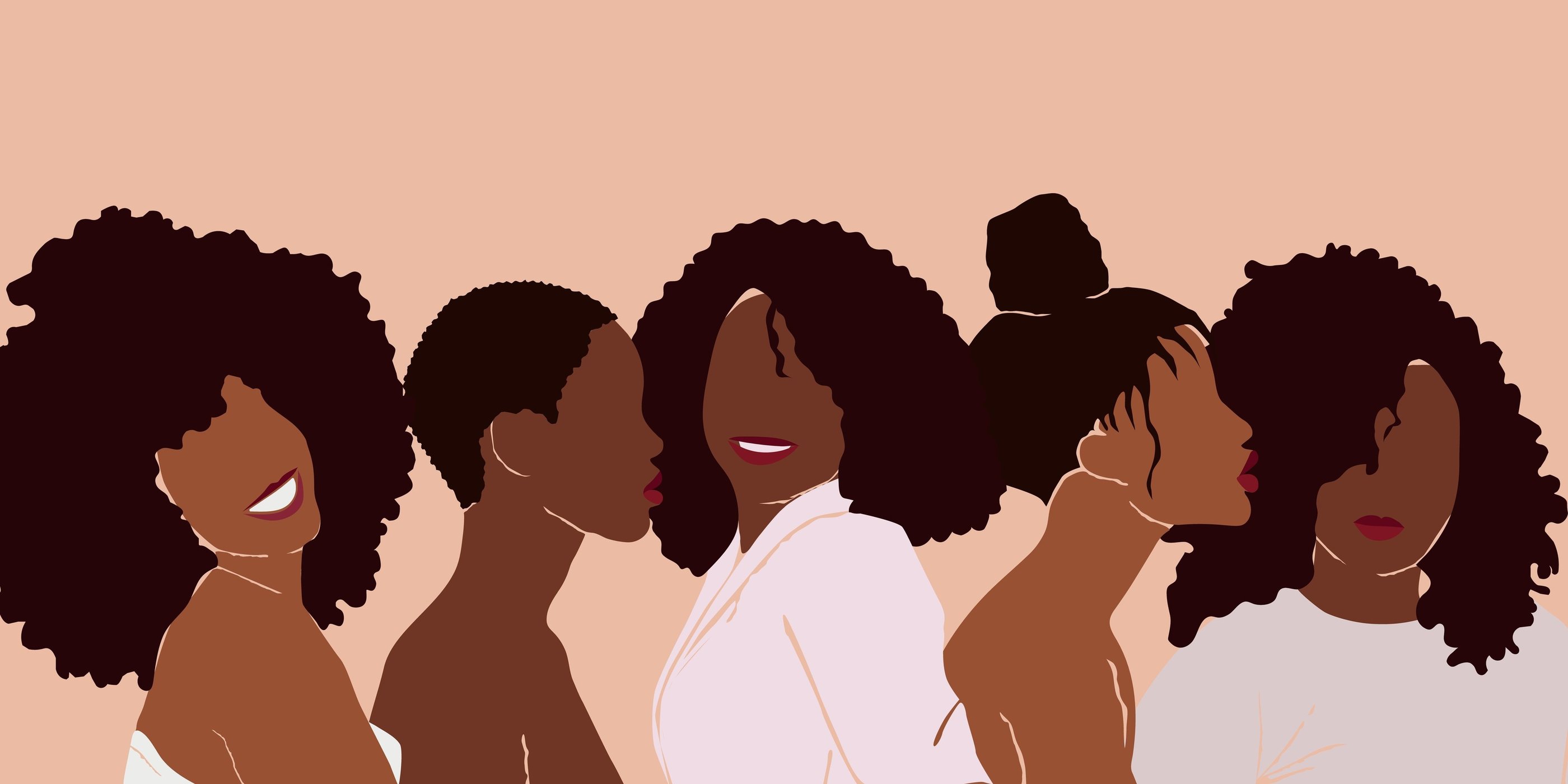Behind the Scenes: Writing Crown and Glory
The salon has always been a sacred space for me. Not just because I walk in looking one way and leave transformed—but because something happens in that chair. My stylist becomes my therapist, my hype woman, my truth-teller, my friend. We talk, we laugh, we cry, we spill secrets. We build each other up while she literally gets me together.
WRITING
Zuri Amara
7/31/20253 min read


Let me start with this: I love getting my hair done.
The salon has always been a sacred space for me. Not just because I walk in looking one way and leave transformed—but because something happens in that chair. My stylist becomes my therapist, my hype woman, my truth-teller, my friend. We talk, we laugh, we cry, we spill secrets. We build each other up while she literally gets me together.
It’s intimate. It’s sensual. It’s community.
That’s where the idea for the Crown and Glory series came from. I’ve never dated any of my stylists, but I’d be lying if I said there wasn’t something deeply personal and physical about someone caring for your hair. Our hair is more than an accessory; it’s a reflection of our health, our mood, and sometimes even our bank account. If your hair’s a mess, people assume you’re a mess.
And Black women know, there’s no hiding a rough patch from your stylist. She knows already.
So, I started thinking: what if these salon spaces were also love stories? What if the care, the connection, the trust... what if that turned into something more?
I’d love to tell you I sat down with character sheets, plot outlines, and a clear plan. I didn’t. That’s not how this works for me. The characters come to me when they’re ready—usually while I’m doing the most mundane things: driving, folding laundry, staring at the ceiling. They start whispering bits of their lives, their crushes, their mess. And I start listening.
By the time I sit down to write, I already know them. Or at least, I think I do—until they surprise me.
I didn’t expect Celeste to be that good in bed, honestly. I thought Jabari and Kia would be shy, maybe a little hesitant. They weren’t. They dove in like they’d been waiting their whole lives for that kind of connection.
Characters in this series have minds of their own. And strong opinions. They will derail my outlines without blinking. Which is why trying to stick to a writing process is pointless. I’ve learned to surrender to their process instead.
The stories are short because—as Dawn would say—“Ain’t nobody got time for all that.” Black women don’t always have the luxury of slow, sprawling epics. We’re busy. But we still deserve intimacy, depth, and heat that gets to the point.
Getting the story out is one thing. Editing? That’s a whole other battle. Trying to get the timeline straight, pacing right, POV consistent... when each character is telling their version of what happened? Chaos. But also, kind of magical.
And before y’all ask—yes, I use AI. My AI assistant, whom I named Djeli, is a lifesaver. I’m a terrible typist and an even worse speller. If I didn’t have Djeli, I’d still be pecking away at Cherish. I write in long, rambling streams of thought, and Djeli helps turn that chaos into readable, meaningful prose. Then I edit, reshape, argue with my characters, and clean it all up again. Grammarly helps me with phrasing and spelling. I’ve been dyslexic since childhood—shout out to all of us who were told we couldn’t read! Look at us now. AI has been a game-changer. It clears the clutter so I can focus on what matters: the story. So yes, these books are AI-assisted—but the soul of them? That’s me. Or actually, my characters. And they’re getting louder every day.
These women feel real to me. Like friends. Family. Lovers. They’re flawed, resilient, sexy, soft, hilarious. They live full lives, on and off the page, which is why I’m planning to compile the first five stories into a book, with extra content you haven’t seen yet. Like what happens when Abike and Dana decide to have a baby. Or what Kia and Bevanne are really like when the lights go off and the music comes on.
I don’t have a shortage of ideas. Just a shortage of time. And every time I try to force a more structured process, I’m reminded: it’s not about my process. It’s about theirs.
This series is my love letter to us—Black women who care for each other, love each other, desire each other. It’s tender. It’s messy. It’s hot. And it’s ours.
Thank you for reading. Thank you for being here. There’s so much more to come.
Zuri
Empowerment
Celebrating black women's sensuality through storytelling.
Desire
Passion
zuri@lipseylovelegacypress.com
© 2025. All rights reserved.